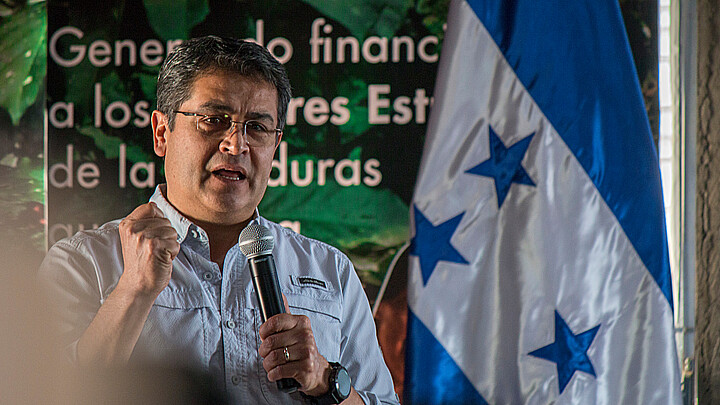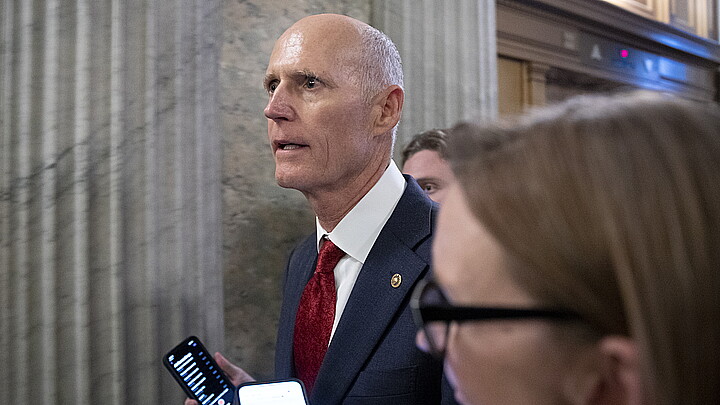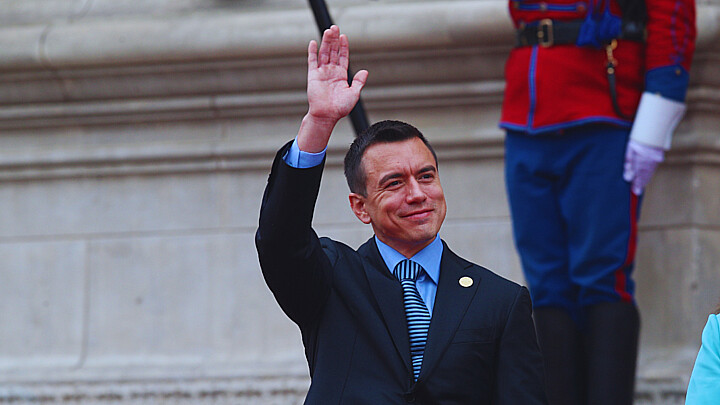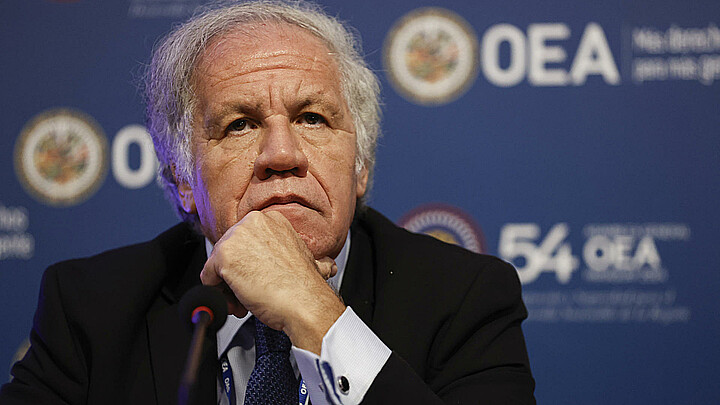Politics
Panama reduces the price of 72 types of food after weeks of protests
The Panamanian government implemented price controls on food and other measures to reduce public spending
July 26, 2022 6:04pm
Updated: July 26, 2022 9:01pm
Panama’s president, Laurentino Cortizo, announced on Monday that he will regulate the price of 72 food products after weeks of protests and road blockades demanding a reduction in the high cost of living.
The measure was decided in the dialogue table that was implemented last Thursday with an agenda of eight topics and chaired by the government of Cortizo and the unions, under the mediation of the Archbishop of Panama, José Domingo Ulloa.
The first topic of discussion was the cost of the food basket. A consensus was reached on seven of the ten proposed points.
According to official information, the price of 72 basic food basket products would be regulated, which would translate into a 30% reduction in their cost, or approximately $80.
The Government explained that prices will be regulated "through three mechanisms: price ceiling, subsidies, and control of the marketing margin with tariff reduction."
The Executive first froze the price of gasoline and diesel at $3.95 per gallon and then lowered it to $3.25, in an unsuccessful attempt to curb the demonstrations held throughout the country.
However, protesters are demanding that the government do more to help ease these rough times, including restrictions on public spending, greater transparency, and more investment in health and education, Reuters reported.
The leader of the Panama Teachers Association (Asoprof), Fernando Ábrego, insisted that the unions are asking for fuel prices to be frozen at $3 per gallon. The Vice Minister of Commerce, Omar Montilla, reiterated that this is difficult due to the high fiscal cost of the measure, reported Efe.
Negotiations are ongoing and the government has asked the protesters to end the blockades, but they have refused to do so until an agreement is reached on all demands.
The protests are causing millions of dollars in losses and fuel and food shortages in several areas of the country, according to business associations. Several markets in the capital report lack of products and the arrival of some damaged supplies after days of road blockades.










